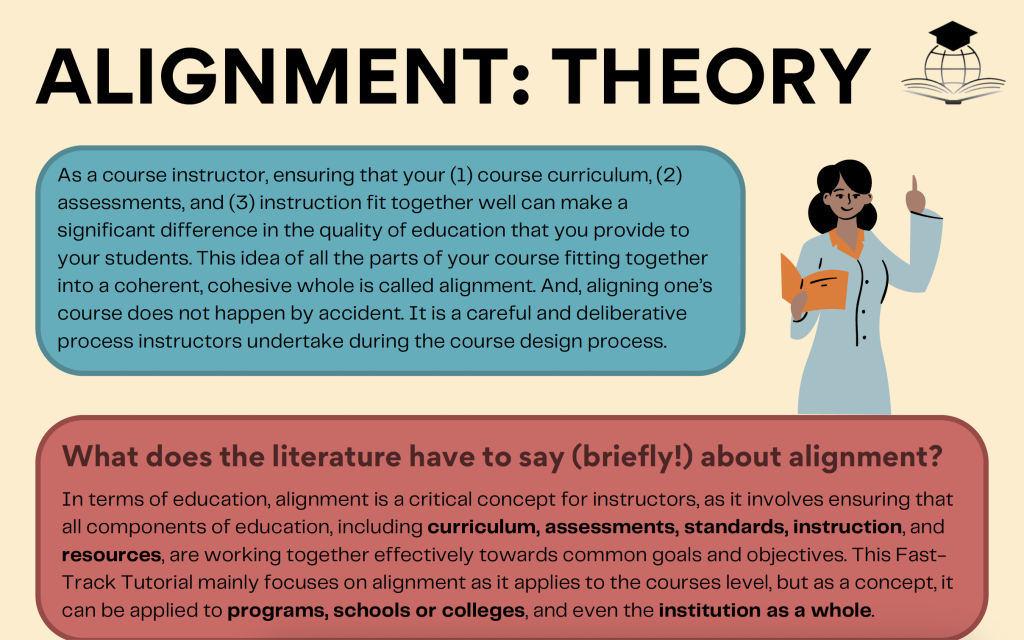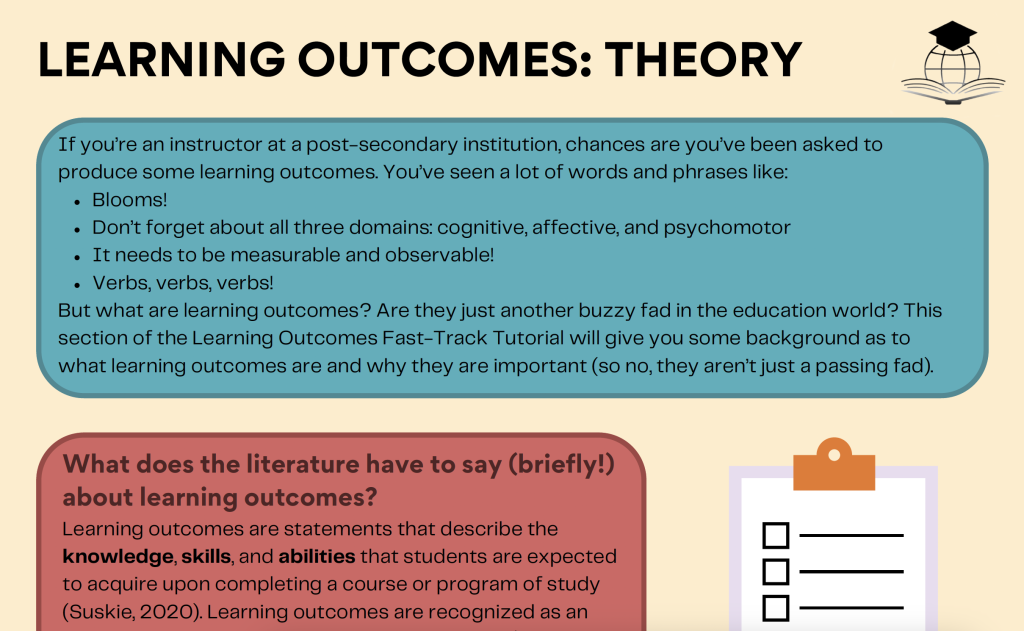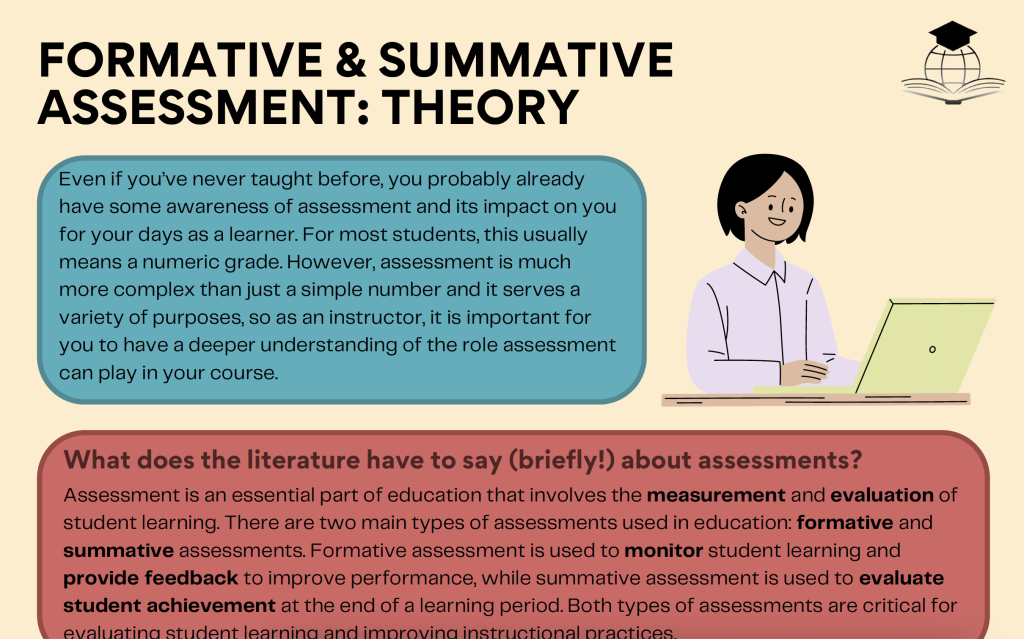What is the testing effect?
The testing effect refers to the robust finding that we retain information better when we practice retrieving it from memory compared to repeatedly re-reading it. Learn more below!
Home » The Testing Effect: How to Study Effectively
The testing effect refers to the robust finding that we retain information better when we practice retrieving it from memory compared to repeatedly re-reading it. Learn more below!

Alignment refers to ensuring that the course curriculum, assessments, and instruction fit cohesively together. It’s a deliberate process undertaken during

Learning Outcomes are pivotal in the educational process, serving as clear, measurable statements that describe the knowledge, skills, and abilities

Even if you’ve never taught before, you probably already have some awareness of assessment and its impact on you for

With a background in experimental psychology and cognitive neuroscience of memory and learning, she teaches a variety of psychology courses at an undergraduate level, including cognition, research methods, and introduction to psychology. Alice’s research is focused on factors that impact student’s learning trajectories, including student engagement, experimental education, and application of cognitive learning principles in course design. Much of Alice;s Research focuses on student faculty partnerships that foster the co-creation of learning and teaching. In addition to her teaching and research, Alice also serves as co-editor for the Canadian Journal for the Scholarship of Teaching and Learning.